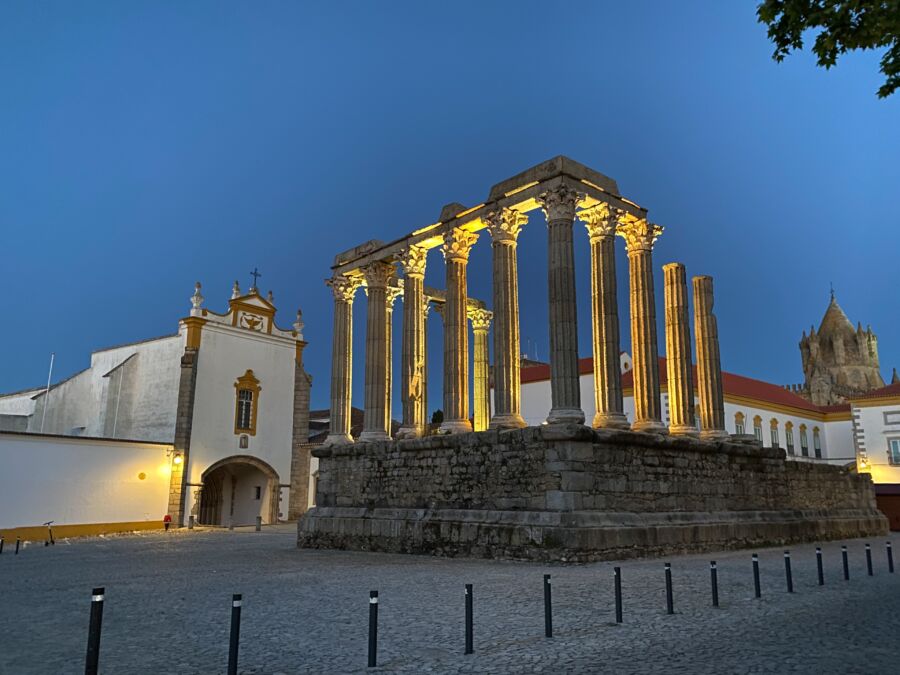Hoteliers have warned about ‘trivialisation of tourist taxes’
The mayor of Évora, Carlos Pinto de Sá, has announced the municipality’s intention to start charging a tourist tax from the beginning of 2025, having resumed the process of drawing up the respective regulations.
“I would like this process to be finalised by December” so that, “if approved, the tourist tax could come into force at the beginning of next year”, the CDU (communist) mayor told Lusa news agency.
According to the mayor, the start of the procedure to create regulations for this tax applied to overnight stays was approved by a majority at the most recent town hall meeting last Wednesday.
“We are now going to invite all those who want to participate to give their contributions, listen to the associations and the Municipal Economy and Tourism Commission and then draw up a draft regulation based on the contributions”, he said.
Pinto de Sá explained that this draft regulation will then go to a town hall meeting to collect suggestions from councillors.
With a definitive document, a period of public discussion will be opened.
“After the public discussion, it will go back to the council and, if approved, it will be sent to the municipal assembly, which will meet in December”, he said, insisting on the goal of the measure being that it comes into force at the beginning of 2025.
The mayor recalled that this decision by the council “is, in practical terms, the resumption of a process” that the municipality had already started in 2019 and was suspended at the beginning of the Covid-19 pandemic in mid-2020.
“Now it’s time to take all the documentation” produced by various partners at the time – the University of Évora and the Alentejo and Ribatejo Regional Tourism Authority – and “resume the work, updating it, of course”, he said.
Pointing out that “tourism is a very important component for the local economy”, the mayor considered, however, that tourist pressure “means, for example, a significant increase in rubbish production and the use of public space“.
He stressed that he wants the tax revenue to contribute to the council’s increased costs for rubbish collection, tourism promotion in the municipality, and heritage rehabilitation, ‘among other areas’.
“The tourist tax can be used to benefit Évora“, said the mayor (like so many mayors before him), emphasising that this tax “will have no impact on those who live and work in Évora, but only on those who visit the municipality”.
As was planned in 2019, “we now also want to provide for the possibility of exemptions’, particularly for hospital users or members of sports clubs or non-profit associations who have to stay overnight in Évora”, he acknowledged.
The mayor said another idea to be debated during the discussion on regulation is the possibility of also exempting tourists who stay overnight for more than two or three days – with the aim of encouraging an increase in the average stay in the municipality.
As for the tax amount, Pinto de Sá recalled that, in 2019, “it was set at one euro” per night and overnight stay, but this time a higher amount may be decided, in line with a wide range of cities that have higher rates.
The mayor estimated that in 2023, the municipality of Évora had close to 700,000 tourist overnight stays.
The fashion for introducing tourist taxes, and then increasing them – without actually showing much in the way of where all the money is going – has been criticised by the Association of Portuguese Hoteliers which has warned that these taxes may have a dissuasive effect on potential visitors; they may be sending ‘the wrong message’.
Source material: LUSA




















